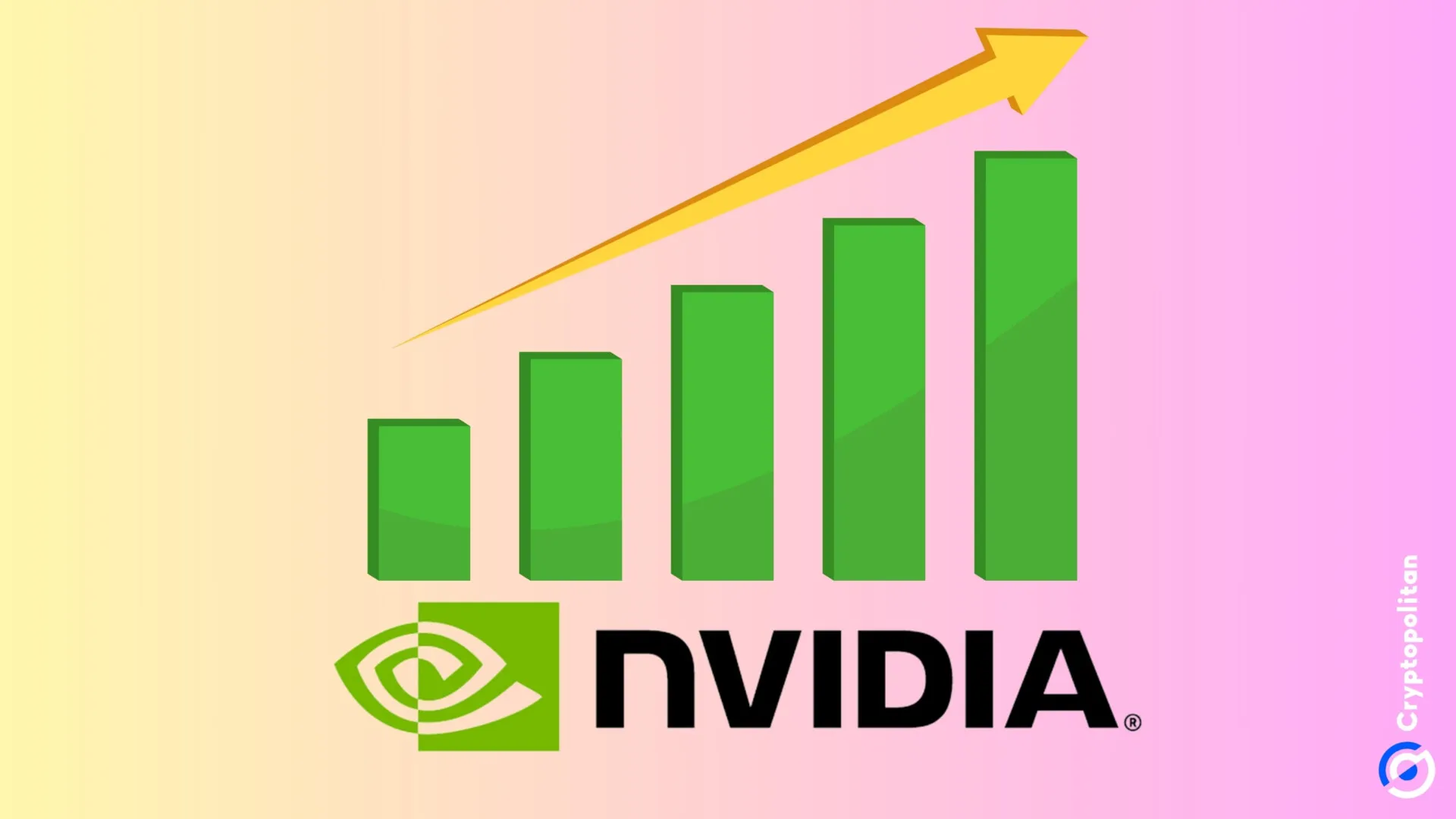Coinspeaker
OpenAI Shuts Down Its AI Detection Tool Due to Low Accuracy
OpenAI, artificial intelligence (AI) research laboratory and creator of a renowned AI chatbot ChatGPT, has quietly shut down its AI detection tool – AI Classifier. The suspension of the tool has been a result of a low rate of accuracy. As OpenAI has said, its team has been working towards incorporating feedback and is currently looking for more effective solutions.
A blog post that has been initially released to introduce AI Classifier has now been updated with the following:
“As of July 20, 2023, the AI classifier is no longer available due to its low rate of accuracy. We are working to incorporate feedback and are currently researching more effective provenance techniques for text, and have made a commitment to develop and deploy mechanisms that enable users to understand if audio or visual content is AI-generated.”
It turns out that the accuracy of the tool has been below what was expected. As OpenAI has revealed, its team evaluated a “challenge set” of English texts where the classifier correctly identified 26% of AI-written text as “likely AI-written”, while incorrectly labeling human-written text as AI-written 9% of the time. Notably, the tool was unreliable when working with texts with fewer than 1,000 characters. The longer the text was, the higher the accuracy could be. Thus, OpenAI referred to AI Classifier as a “not fully reliable” detection tool.
The link leading to the tool is no longer functioning. However, OpenAI has promised to come up with other detection tools that users can trust.
Can AI Transform the Education Sector?
Initially, AI Classifier was intended for educators who could use the tool to check on the integrity of students using the chatbot to write essays.
OpenAI said:
“We recognize that identifying AI-written text has been an important point of discussion among educators, and equally important is recognizing the limits and impacts of AI-generated text classifiers in the classroom.”
AI Classifier was seen as a resource to help educators, journalists, and researchers study misinformation. Thus, shutting down the detector has come as a downer for educators worldwide who have been struggling to identify AI-generated content.
In general, the development of AI has had an impact on every industry, solutions it provides have also started transforming education. AI solutions for education analyze enormous data sets using sophisticated algorithms, providing personalized and adaptable learning experiences. Students get personalized learning, prompt feedback, and access to immersive technologies like augmented and virtual reality in education. All this promotes independent learning and revolutionizes the way of studying. However, AI in education poses a few risks.
Firstly, there is a lack of human interaction and emotional support that students receive when using AI-powered educational tools. AI can personalized learning and instant feedback, but it can not replace the human and emotional support that students need to succeed.
Secondly, there are privacy concerns as AI systems might need to collect specific data about the identity of students or staff, which threatens their online identity and private information.
Further, AI might take out the thinking power of students and make them more dependent on technology instead of learning how to do things themselves.
As of 2023, AI in the education market is set to have an annual growth rate of about 36% from nowadays to 2030 with projected revenue of $32.27 billion.





